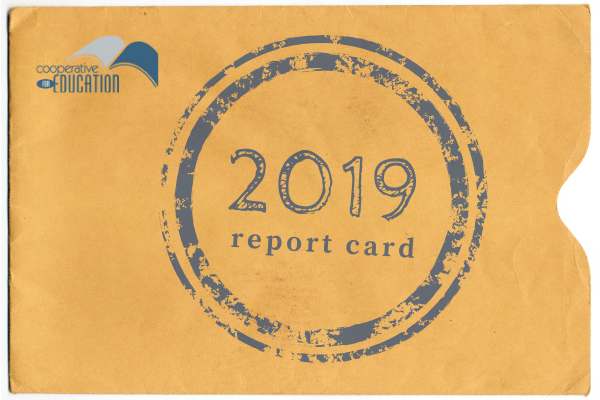
Report cards are in!
As the next decade begins (I know, we can’t believe it either!), it’s time for us to reflect on how our programs performed in 2019 and share our findings with you, the people who make this all possible.
Here at CoEd, we evaluate the success of our programs each year using tools like standardized pre- and post-tests, surveys, and interviews. Our Spark Reading Program even has results from a Randomized Control Trial (RCT), which is the gold standard of evaluation! Pretty fancy, right?
If you like data as much as we do, you’re in the right place. Scroll down to nerd out with us for a minute!
Spark Reading Program
2019 Totals
schools
teachers
students
Spark trains primary-school teachers in effective reading instruction and provides their class with a library of books.
- Spark Classroom
- Regular Classroom
With Spark, twice as many students are reading fluently by the end of 2nd grade.
Textbook Program
2019 Totals
schools
students
textbooks
The Textbook Program provides textbooks to rural middle schools and trains teachers to use them in their classrooms.
%
have renewed their books
99% of schools that have been active in the program for more than 5 years have renewed their books at least once through the revolving fund.
Rise Youth Development Program
2019 Totals
communities
students
The Rise Program identifies promising young students who would otherwise be forced to drop out of school, and gives them the tools to break the cycle of poverty. In addition to providing full academic scholarships, Rise offers comprehensive support services from mentors, counselors, and psychologists, and engages students in workshops, community service, and visits to local businesses and universities that transform the way they think about their futures.
- Rise Program Graduates
- Parents
Right out of school, Rise Program graduates are making four times more than their parents.
Computer Centers Program
2019 Totals
computer centers
students
The Computer Centers Program provides computers to rural middle schools and trains teachers how to use them in their classes.
%

I’m glad to learn that 87% of the students had basic computer competency. The next question is: “And what has that achieved for the students w/r to employment, etc.?”
Hi, Craig. Great question! We previously found through a survey conducted amongst our Computer Program graduates that 95% of them went on to find work or further their education in high school.
With 60% of entry level jobs in Guatemala now requiring computer skills, reaching computer competency early on will better position these students to find a job after high school graduation.
Thank you for all you do for the Computer Program and CoEd as a whole!
I am so pleased to be a part of Cooperative for Education’s Guatemala project. I love hearing about the girl I am sponsoring, and am proud to be part of a program that just might change the cycles of poverty that keep Guatemala from being the safe prosperous place that that country deserves to be.
I have visited Guatemala twice many years ago when a step-daughter and her husband were working as missioners there. It is a beautiful country whose people face serious challenges, especially those iiving in remote areas.
Thank you for sharing, Lee! You are making such a positive impact on your Rise student and Guatemala as a whole. We are so thankful that you are a part of CoEd!